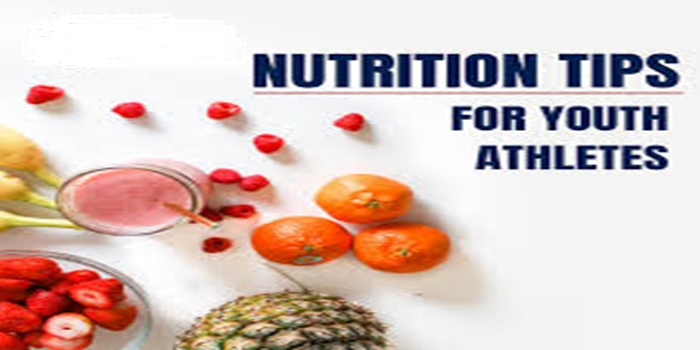In this article, we discussed the meaning of nutrition tips, the best food, we also talked about the importance of nutrition tips for athletes.
Definition
Nutrition Tips: Are healthy eating accentuating fruits, vegetables, whole grains, dairy, and protein. Dairy recommendations include low-fat or fat-free milk, lactose-free milk, and fortified soy beverages. Other plant-based beverages do not have the same nutritional properties as animal’s milk and soy beverages.
Nutritional tips for athletes
- 1. Don’t be afraid of carbohydrates. Carbohydrates give your body the energy it needs to work out for over an hour. It doesn’t necessarily mean you need to eat a lot of bread and pasta. Healthy carbohydrates include vegetables, fruits, nuts and whole grains.
- Drink plenty of fluids throughout the entire day. Intense exercise means your body will be sweating, which can lead to dehydration. So, drink plenty of water and sports drinks. Don’t wait until you’re thirsty to get your fluids either, if you are feeling thirsty it means your body is already showing signs of dehydration.
- Eat protein. Although protein doesn’t necessarily give the body energy it, it helps build muscle. Eat high-quality protein such as lean meats, fish, poultry, nuts and eggs. However, be careful on the amount of protein you eat; too much protein can put a strain on your kidneys.
- Get plenty of sleep. Let your body recover so you feel energized the next day. Even eating all the right foods and drinking plenty of fluids won’t energize you if you are lacking sleep. Make sure you let your body catch up on sleep so you can wake up each day enthusiastic and ready to live a healthy lifestyle.
- Don’t skip breakfast. We have all heard it before, breakfast is the most important meal of the day. This is especially true for athletes. Breakfast helps energize you in the morning and keep you going strong the whole day.
Nutrition is important for athletes because it can:
Improve performance
A well-planned diet can provide the energy athletes need to perform well.
Support growth
For young athletes, proper nutrition is essential for growth and optimal performance.
Enhance mental focus
Certain foods and supplements can improve cognitive function, focus, and concentration.
Prevent dehydration
Athletes should drink fluids regularly throughout the day to maintain fluid balance and prevent dehydration.
Athletes should eat a balanced diet that includes a variety of foods to support their performance. Here are some foods that can help:
Whole grains
Provide energy, fiber, and other nutrients. Examples include whole-wheat bread, brown rice, and oatmeal.
Fruits and vegetables
Leafy greens, berries, and other fruits are high in vitamins, fiber, and antioxidants. Berries are low in sugar compared to other fruits.
Lean meats and low-fat dairy
Can help with overall performance.
Healthy fats
Unsaturated fats found in vegetable oils, fish, and nuts and seeds can help with long-lasting energy.
Fiber
Foods like lentils, raspberries, sauerkraut, and kimchi can help with gut health.
Omega-3 fatty acids
Can reduce inflammation and support cellular healing. Flaxseed, chia seeds, and walnuts are good sources of omega-3s.
Creatine
Helps increase muscle mass and strength. The body produces creatine naturally, but athletes may need to supplement.
Conclusion
Athletes should also stay hydrated by drinking plenty of liquids before, during, and after exercise. Sports drinks are a combination of water, carbohydrates, sodium, and potassium. However, energy drinks contain stimulants like caffeine and guarana, which can cause an energy high followed by a crash

